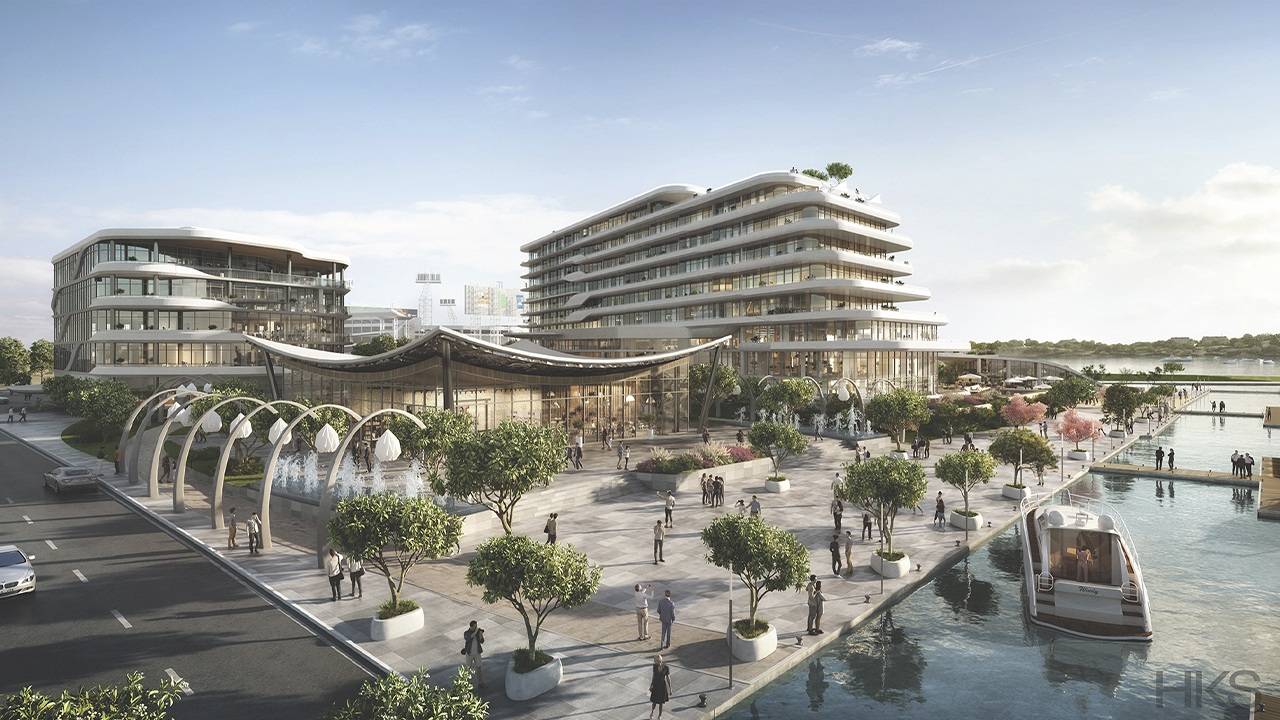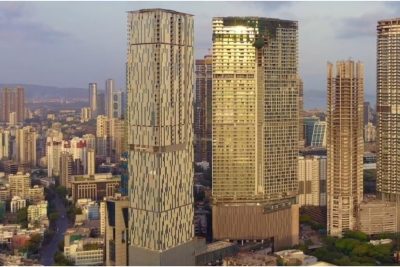Homebuyers are likely to favour advertising that plays on keywords like ‘open spaces,’ ‘wellness’ and ‘self-contained,’ which have had appeal even before the Covid-19 outbreak
Back in 1992, when a developer in Gurgaon launched his real estate business, he ended up naming his company Corona. He had reposed trust in the Latin word, which meant a circle of light that can be seen around the sun during an eclipse. How was he to know that the deadly global pandemic caused by a virus with a similar name would hit almost a decade later?
Before COVID-19 struck, real estate developers named their projects after Greek gods, foreign flowers or exotic locations. The aim was to convey a value proposition and market positioning in a few words.
What are realtors doing in COVID-19 times? Some are launching housing projects that conjure images of lifesaving oxygen or remind you that the lockdown has been relaxed and it’s time to unlock.
A developer in the National Capital Region has launched a scheme called ‘Oxygen’ that lets an investor book an under-construction or ready project – residential or commercial – by paying Rs 1 lakh. It offers a 25:75 investment plan, which means a buyer pays 25% now and the rest on possession. Under the scheme, an investment of Rs 1 lakh is worth Rs 11 lakh if it is made within 30 days, the company says.
A developer in the National Capital Region has launched a scheme called ‘M3M Oxygen’ that lets an investor book an under-construction or ready project – residential or commercial – by paying Rs 1 lakh. It offers a 25:75 investment plan, which means a buyer pays 25% now and the rest on possession. Under the scheme, an investment of Rs 1 lakh is worth Rs 11 lakh if it is made within 30 days, the company says.
“The idea behind launching this scheme now is to boost the confidence of buyers in these challenging times to come forward and invest,” said Pankaj Bansal, director of M3M India.
Last year, it unveiled an Unlock Gurgaon scheme soon after the first wave. Those availing of the offer had to pay only 1% and take possession of the property. For the first 30 months, the buyers wouldn’t have to pay any EMI and maintenance costs.
Real estate experts are of the view that such branding exercises are aimed at attracting eyeballs and are being used to stand out in the crowd.
“Rather than dwell on the pandemic and use obvious terms that correlate to it, developers will likely seek to put it where it belongs – in the past. Even if some players are using such terms in their advertising now, this will merely be a short-term strategy,” said Anuj Puri, chairman of ANAROCK Property Consultants. “Likewise, buyers are unlikely to react favourably to advertising that plays on the pandemic, going forward.”
Creative advertising can certainly play on keywords like ‘open spaces,’ ‘wellness’ and ‘self-contained’ – which had appeal even before the pandemic and may also have long-term staying power, Puri added.
In Mumbai, the trend of naming projects after Greek gods and nature was kicked off by the Hiranandani Group, which came up with Castle Rock, Glendale, Rodas Enclave and Zeus, to cite a few examples. The company intends to continue with the Greek names and nature themes.
Naming of realty projects is an important exercise carried out by the marketing and strategy teams. Most leading developers invest a great deal of psychology and marketing thought in this process. The aim is usually to best convey the value proposition and market positioning of the project in one or a few words. At other times, the goal may be to stir up a certain aspiration in the minds of the target clientele or associate the project with uber-luxury or select global locations, experts said.
A few projects in Mumbai have been named after ‘Paris’ – featuring French-styled apartments – and ‘Miami’ – as the project has a great view of Mahim bay.
In Bengaluru, Prestige named two projects after London’s Kensington Gardens and Wellington Park, as they evoked images of open spaces, greenery and recreational facilities. Some developers name their projects after flowers.
Sobha Group launched Sobha Manhattan Towers – Town Park at Yadavanahalli in south Bengaluru in June, which it branded as the first-ever residential township crafted in the architectural footsteps of New York.
“We have reimagined the architectural brilliance of New York through iconic residential towers, a glitzy shopping mall and top-of-the-line amenities,” said Ravi Menon, chairman of Sobha.
In some cases, numerals are a key element of the project name, although the rationale is not always obvious. A project in Mumbai by Omkar Realtors and Developers called ‘Worli 1973’ derived its name from the location’s latitude (19°) and longitude (73°).
‘Three Sixty West’ by Oberoi Realty presumably gets its name because its height is 360 meters and all apartments face the west.
‘Avenue 54’ by Radius Developers probably gets its name because select roads in Santacruz are called avenues and the area’s pin code ends with 54.
“Some developers have also toyed with the idea of keeping the name of the project a secret until it is launched. Projects in Mumbai are often pre-named before the launch with different codenames such as ‘one and only’ until the official name is announced during the launch,” said Ritesh Mehta, senior director and head – west India, residential services, at JLL India.
According to Anil Nair, an advertising consultant, it would make sense for developers to steer clear of ‘opportunistic’ branding that reminds people of a tragic event such as COVID-19. Instead, they should focus on themes that suggest openness, conjure a sense of space, and campaigns that promise more amenities associated with health and wellness.
“Buyers would be attracted to campaigns that are associated with space and overlooking nature. They’ve had enough of being locked up in their homes for over a year and with windows that overlook their neighbours’ living rooms,” said Nair.
Some property builders create brands based on their surnames. Think Godrej Properties, Hiranandani Group, Lodha Group and Gaur. Some collate the initials of the surnames of the partners into the brand. Example: ATS (Getamber Anand, Ashwani Talwar and Anil Kumar Saha.)
There are, of course, exceptions such as Unitech and DLF.
Source : Money Control




